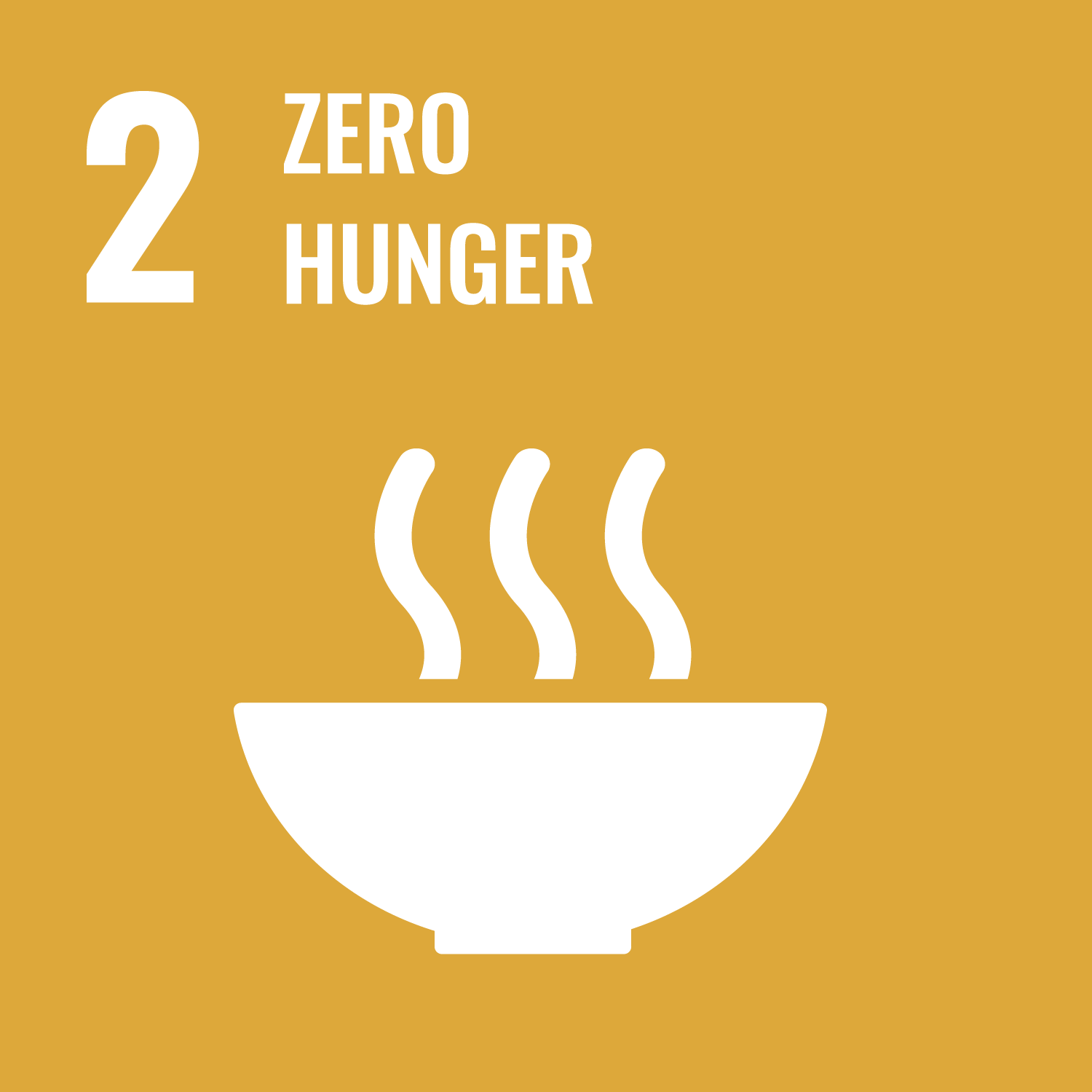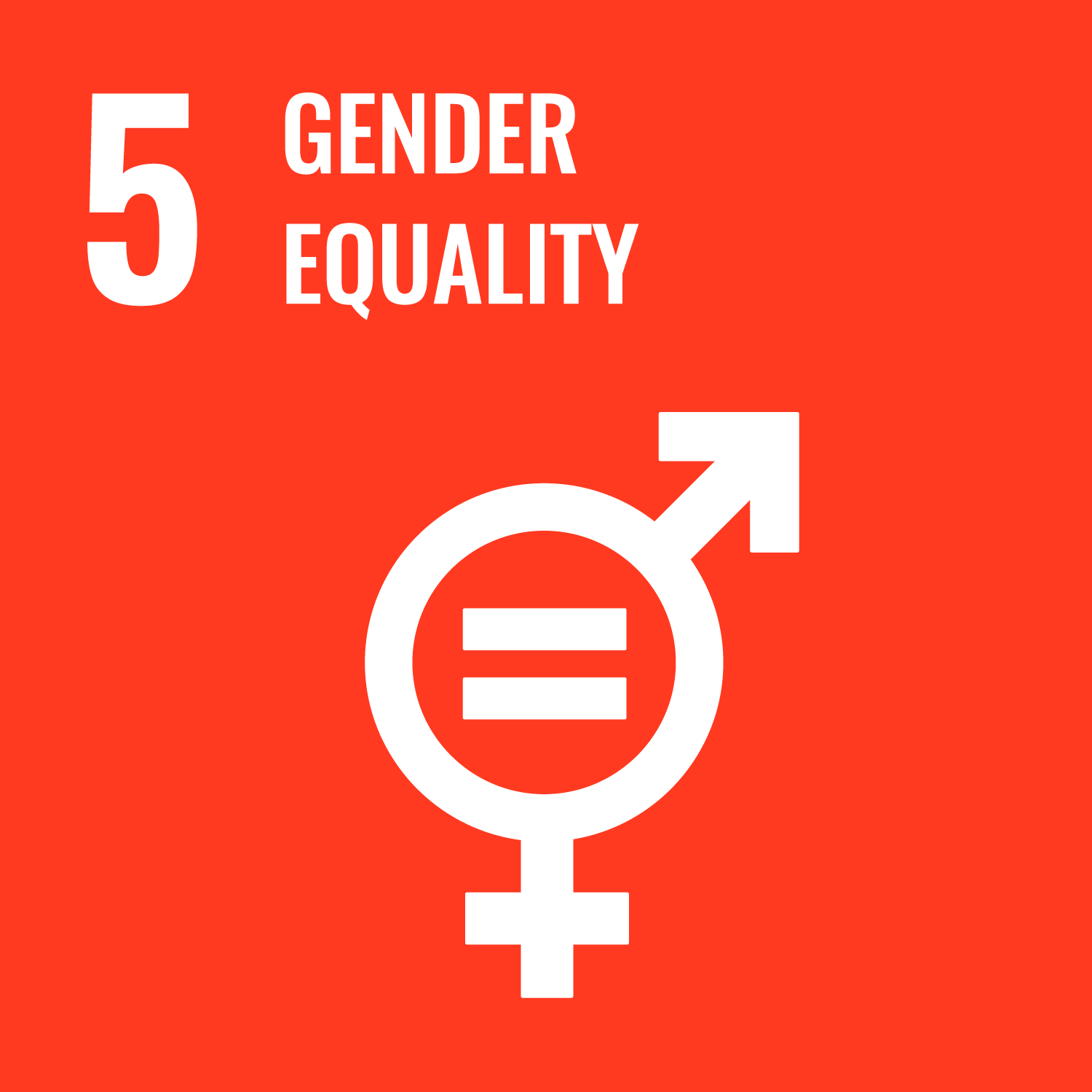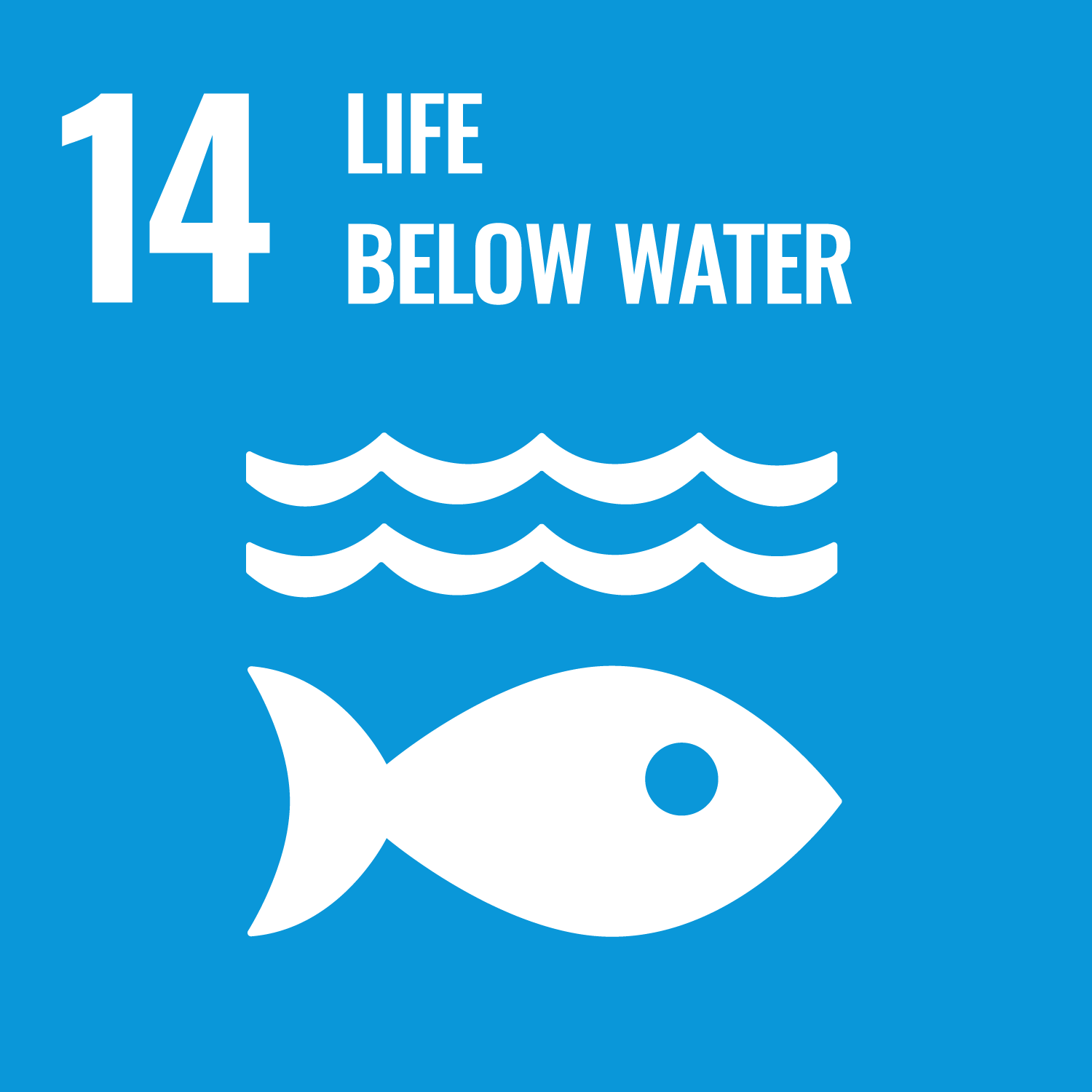The 20th century was a time of remarkable progress in biomaterial research. The use of artificial materials to function as
substitutes for living tissues has been fraught with difficulties. However, the research and development of various materials,
including artificial organs, has increased the life span of mankind and greatly changed our lives.
In this class, we will teach the fundamentals of biomaterials from the viewpoints of chemistry, biology, and materials engineering.
In this class, we will teach the fundamentals of biomaterials from the viewpoints of chemistry, biology, and materials engineering.
For biomaterials, it is important to understand the unknown interactions that occur at the interface between living organisms
and artificial materials at the molecular and cellular levels. Biomaterials are indispensable for artificial organs, drug
delivery systems, gene therapy, and regenerative medicine, and further research and development will be required in the future.
In this course, students learn the basics of biomaterials based on biochemistry and polymer chemistry in order to gain fundamental
knowledge in the rapidly developing field of biomaterials.
- Understand the linear notation of organic compounds and the names of functional groups, and be able to write actual chemical formulas and chemical reaction equations in structural form.
- Students can draw arrows for the movement of electrons in organic chemistry. Can describe stereostructures and chiral carbons.
- Can write reactions (nucleophilic reactions, eliminations) of organic compounds.
- Understand the types and properties of biomaterials derived from living organisms.
| 講義演習 | 調査レポート | 定期試験 | Total. | |
|---|---|---|---|---|
| 1. | 10% | 5% | 10% | 25% |
| 2. | 10% | 5% | 10% | 25% |
| 3. | 10% | 5% | 10% | 25% |
| 4. | 10% | 5% | 10% | 25% |
| Total. | 40% | 20% | 40% | - |
1 Exercises will be given in each lecture session. (40%)
2 Periodic examination (40%)
3 Report on the latest biomaterials (20%)
4 These evaluations will be added up and the total score will be converted to a perfect score of 100 points. A total score of 60 points or more is considered to be a passing grade.
2 Periodic examination (40%)
3 Report on the latest biomaterials (20%)
4 These evaluations will be added up and the total score will be converted to a perfect score of 100 points. A total score of 60 points or more is considered to be a passing grade.
| Class schedule | HW assignments (Including preparation and review of the class.) | Amount of Time Required | |
|---|---|---|---|
| 1. | Guidance, Commonality and diversity of organisms | Read the textbook and prepare a report. | 60minutes |
| 2. | Nomenclature of biomaterials, organic materials, organic compounds, linear notation | Read the textbook and prepare a report. | 60minutes |
| 3. | Biomaterials, Organic Materials, Structure and Properties of Alkenes | Read the textbook and prepare a report. | 60minutes |
| 4. | Biomaterials, Organic Materials, Properties of Carbocations | Read the textbook and prepare a report. | 60minutes |
| 5. | Biomaterials, organic materials, nuclear exchange reactions (SN1, SN2) | Read the textbook and prepare a report. | 60minutes |
| 6. | Biomaterials, organic materials, dissociation reactions (E1,E2) | Read the textbook and prepare a report. | 60minutes |
| 7. | Final exam and commentary | Read the textbook and prepare a report. | 60minutes |
| 8. | Polymer shape, molecular weight | Read the textbook and prepare a report. | 60minutes |
| 9. | Sequential polymerization reaction of polymers |
Read the textbook and prepare a report. | 60minutes |
| 10. | Chain reaction of polymers | Read the textbook and prepare a report. | 60minutes |
| 11. | Synthetic and natural rubber | Read the textbook and prepare a report. | 60minutes |
| 12. | Biodegradable plastics, microplastics, bioaccumulation | Read the textbook and prepare a report. | 60minutes |
| 13. | Biomolecules, Nucleic Acids, Tannins, Sugars, Biological Suitability | Read the textbook and prepare a report. | 60minutes |
| 14. | Final exam and commentary | Read the textbook and prepare a report. | 60minutes |
| Total. | - | - | 840minutes |
| ways of feedback | specific contents about "Other" |
|---|---|
| Feedback in the class | 小テストに関しては,次週に答えの開示を行います。正答率を開示して間違いやすい問題かどうかをフィードバックします。 中間試験,期末試験は,試験終了後に模範解答を明示します。また,採点終了後には,得点分布,正答率等を公表します。 プレゼンを行いますが(B),スコームにて集計をしていますので,結果はすぐ開示されます。次回の学習に生かして下さい。 |
- Course that cultivates a basic self-management skills
| Work experience | Work experience and relevance to the course content if applicable |
|---|---|
| Applicable | Guided by faculty with corporate experience. The faculty members have experience developing prototype biochemical reagents in the research and development departments of manufacturers, and will teach the knowledge and principles (chemical and physical interactions between biomolecules) of the actual development of the product as a product. |







- 2.ZERO HUNGER
- 3.GOOD HEALTH AND WELL-BEING
- 5.GENDER EQUALITY
- 9.INDUSTRY, INNOVATION AND INFRASTRUCTURE
- 12.RESPONSIBLE CONSUMPTION & PRODUCTION
- 14.LIFE BELOW WATER
- 16.PEACE, JUSTICE AND STRONG INSTITUTIONS
Last modified : Thu Mar 06 10:26:22 JST 2025
